 Happiness is often a goal that people don’t believe is achievable. The human life is riddled with pain and discomfort and it seems sometimes that no matter how hard we try we can’t get ahead. You feel trapped and unsatisfied with the way life is treating you right now, or the way life has turned out and all you want is an escape from the hurt and pain.
Happiness is often a goal that people don’t believe is achievable. The human life is riddled with pain and discomfort and it seems sometimes that no matter how hard we try we can’t get ahead. You feel trapped and unsatisfied with the way life is treating you right now, or the way life has turned out and all you want is an escape from the hurt and pain.
Unfortunately, you won’t find happiness outside of yourself. It’s not at the bottom of a beer bottle or in the arms of another person. Happiness really does come from within, which is why it is elusive for so many people. We think things and people make us happy, but the truth is that we can make ourselves happy.
You’re not alone If you are feeling lost and full of sorrow instead of happiness, you can turn things around. Regardless of the reason you feel unhappy, all you really want to know is that you can be happy again. Here’s how you can overcome the sadness ( of the pandemic or otherwise) and find happiness in your life again.
Identify When the Change Happened. The first step in getting back to happy is to determine if you have ever really been happy in the first place. If you agree that yes, you have been happy at one point or another, you need to determine what happened and what changed. What was the moment of change for you? Did something happen at work? Did your spouse leave you? Did you get into debt? Did you just wake up one more and feel blah? You need to know when your life shifted.
In Bronnie Ware’s bestselling book, The Top Five Regrets of the Dying, she reported that one of the most common regrets people have at the end of their lives is that they wish they’d let themselves be happier. This indicates that people feeling happiness is in their control if they allow themselves to do things that make them happy. According to Dr. Lisa Firestone, in Psychology Today, “many of us are more self-denying than we realize.” Most of us believe that doing activities that “light us up is selfish or irresponsible.” According to Firestone, this “critical inner voice is actually triggered when we take steps forward” that reminds us to “stay in our place and not to venture out of our comfort zone.” If you can confidently say that you have never been happy in your life, you need to release yourself from that hold and give yourself permission to allow happiness to come from within you.
Don’t Fake it. The next step is to not try to fake happiness. Fake it ‘til you make it is not real life. And we are trying to cultivate real happiness here. Happiness doesn’t mean being happy all of the time. By the way, life is full of ups and downs, so don’t strive to feel good all the time. In fact, according to Noam Spancer , one of the main causes of many psychological problems is the habit of emotional avoidance as it “buys you short term gain at the price of long-term pain.” Being alive means having the privilege to feel all of the feelings and have all the thoughts humans can conjure up.
When you try to block all the feelings that are allocated to you as a human, you don’t get to experience life to the fullest. Happiness is just one piece of the puzzle, albeit an important one. So, don’t fake happiness. It’s worth waiting for.
What’s Standing in Your Way? In order to discover your happiness and allow yourself to experience the full gamut of being human, you need to determine what is standing in the way of your happiness? You might be inclined to point the finger at another person. You might even think it’s your job, lack of money, lack of opportunities, childhood, or even the education you got because your mother suggested it to you 20 years ago; none of that is real. You are standing in your own way on this one.
As mentioned above, happy people aren’t always “happy”. According to Dr. Rubin Khoddam, “Nobody is immune to life’s stressors, but the question is whether you see those stressors as moments of opposition or moments of opportunity.” It’s a tough pill to swallow, but once you get on board with the fact that you are the only thing standing in your way of happiness, the road forward gets a whole lot easier. After all, there are many different definitions of happiness. What’s yours?
Be Kind to Yourself. As you carry on throughout this journey, you need to recognize the points in which you can be kind to yourself. It’s easy to beat ourselves up and declare that nothing is good enough. The Harvard Health Blog says that “gratitude is strongly and consistently associated with greater happiness.” “Gratitude helps people feel more positive emotions, relish good experiences, improve their health, deal with adversity, and build strong relationships.” Practicing gratitude as you follow your own lead will help you see that there are lots of things in your life that are worthy of your attention and work to create happiness in your life and in the lives of others.
You need to be nice to yourself. That doesn’t mean having bubble baths and buying new clothes, although that stuff does make you feel good. Being kind to yourself is about giving yourself the space to figure things out for yourself. Gratitude is not just one of those hippy-dippy things that people do to be cool. Gratitude is something that can profoundly change your life for the better. Even when the cards are stacked against you, the way in which you play them and approach the game can mean the difference between a happy life and one filled with regret and shame. If you are working on being someone who is happier in their life, gratitude is going to help get you there. This includes being grateful for the difficult and uncomfortable times. There are lessons in every aspect of life and when you let yourself experience them fully, you get to where you want to go.
Determine What Happiness Will Look Like for You. Dr. Rubin Khoddam says that “regardless of where you are on the happiness spectrum, each person has their own way of defining happiness.” So many of us are chasing other people’s definitions of happiness. In order to find happiness again, you need to determine what that looks like for you. The hard part is that we often adopt our parents’ or society’s version of happiness and strive to achieve those visions in our own lives. That can lead to a great deal of unhappiness as we come to find out that what others want is not necessarily what we want. And then we have to be brave as we decide to step into our own lives and figure things out for ourselves. What do you want your life to look like? You need to know.
Accept the Difficult Things into Your Life. Remember that life is not all butterflies and rainbows and that you only get rainbows after it rains, and butterflies only appear after a caterpillar has gone through a tremendous transformation. Struggle is required in human life in order to find the sunshine. We don’t just wake up happy, we need to work for it and work on it. When you allow struggles into your life and don’t dramatize them, you can make the most of any situation and grow from it, like the caterpillar turning into a beautiful butterfly.
There’s no point in feeling bad about feeling bad, says Kathleen Dahlen, a psychotherapist based in San Francisco. She says accepting negative feelings is an important habit called “emotional fluency,” which means experiencing your emotions “without judgment or attachment.” This allows you to learn from difficult situations and emotions, use them or move on from them more easily. Once we see the rainbow – or the result of our struggles – we often forget how bad the rain was. While most people searching for happiness want to get to the fun faster, they are not willing to sit in discomfort and learn things about themselves. People who are truly happy are those who have come through the fire and lived to see another day. We don’t live happy lives tucked into bubbles and closed off from the hurt and pain of being human. We need to feel all that there is to feel as human beings in order to be happy. After all, without sadness, how can you know when you are happy?
Believe You Can be Happy. The most important step in finding your happiness again is to truly believe that you can be happy. It might look different from what you imagined, especially as you start out on this journey equipped to go forward with a new attitude and new goals of what your life can look like. But you need to believe it is possible. If you continue to tell yourself that you’ll never be happy, you’ll never find your happiness again. You deserve all that you want in this life, but you need to believe it. Nobody is going to make you happy. No object, thing, experience, advice, or purchase will make you happy. You can make yourself happy if you believe it. According to Dr. Jeffrey Berstein, in Psychology Today, trying to find happiness outside yourself is misguided as “happiness based on achievements does not last long.”
Don’t rush through life. Beauty is in the eye of the beholder, but you can’t see the beauty if you are rushing through life. Research suggests that being “rushed” can make you miserable. Yet on the other hand, some studies suggest that have nothing to do can also take its toll on you. However, the balance is just right when you’re living a productive life at a comfortable place. Therefore, it’s important to have goals, but we don’t need to be in a hurry all the time to get things done. It leaves so much wasted time on the journey not soaking in life. Happy people feel their way through life and they allow the good and the bad to penetrate into them so they can have the full human experience. Stop and smell the roses isn’t just some old-time advice that sounds nice, it’s real-life advice that can help you be happier.
Have a few close relationships. You don’t need a hundred close friends, but you do need one or two people in your life who matter and who are there to help pick you up when you fall. This might be a spouse, your parents, a sibling, or a friend from down the street. Having a few close relationships has been shown to make us happier while we’re young, and has been shown to improve quality of life and help us live longer. So, how many friends? About 5 close relationships, according to the book Finding Flow, “National surveys find that when someone claims to have 5 or more friends with whom they can discuss important problems, they are 60 percent more likely to say that they are ‘very happy’.” However, perhaps the number isn’t as important as the effort you put into your relationships. We all need someone to remind us we are not alone in this life, and to help make us smile when things have gone sideways. Happy people have someone they can count on. It makes them feel safe and secure to know that they can turn to their person during their time of need, and to celebrate the wins when they happen. Connection makes for a happier life. If you are seeking happiness, don’t head out on the journey of discovery alone. While we can walk this world alone, it is always more fun to spend your precious time with people, doing things that bring you joy. When we are surrounded by people we love and who love us, we feel safe. When we feel safe, we are more likely to let things slide off our backs, are less likely to let drama take hold of us, and are more likely to see the good in people. We have a trusting circle that we feel protects us, our interests, and we feel safe to be ourselves.
Buy experiences, not things. You might be inclined to head to your local shopping center when life is getting hard; a little retail therapy never hurt anyone, after all. But does it really make people happy? Sure, you might get a quick-fix of pleasure, but you know as well as anyone that the happiness derived from buying things doesn’t last.
Dr. Thomas Gilovich, a psychology professor at Cornell University, has been researching the affect of money on happiness for two decades. Gilovich says, “one of the enemies of happiness is adaptation. We buy things to make us happy, and we succeed. But only for a while. New things are exciting to us at first, but then we adapt to them.” If you feel the urge to spend money, spend money on experiences. Go see the world. Live your life on planes and trains and in the car on the road to nowhere. According to Gilovich, “our experiences are a bigger part of ourselves than our material goods. You can really like your material stuff. You can even think that part of your identity is connected to those things, but nonetheless they remain separate from you. In contrast, your experiences really are part of you. We are the sum total of our experiences.” Get out and find out what life is made of in other places. Spend time in beautiful parks, on challenging walking trails, and by the ocean as much as possible. These are the places you’ll find your happiness, not the mall.
Don’t rely on other things or other people to make you happy. It’s not your job’s job to make you happy. If you are miserable at work, it’s because you are making yourself miserable at work. Happy people know that there is life beyond the walls of the office and that they don’t need to derive any value about themselves from the job that helps them earn money. The money they earn helps them live a better life, but it’s how they choose to approach that life and use that money that makes them happy. Your spouse, children, and family are not responsible for your happiness either. When you take full responsibility for your happiness, you’ll find that you move closer toward what it is you want in life.
Get moving. Research suggests that physical stress can relieve mental stress. The Harvard Health Blog says that aerobic exercise is key for your head, just as it is for your heart, “Regular aerobic exercise will bring remarkable changes to your body, your metabolism, your heart, and your spirits. It has a unique capacity to exhilarate and relax, to provide stimulation and calm, to counter depression and dissipate stress. It’s a common experience among endurance athletes and has been verified in clinical trials that have successfully used exercise to treat anxiety disorders and clinical depression. If athletes and patients can derive psychological benefits from exercise, so can you.”
According to Harvard Health, exercise works because it reduces levels of the body’s stress hormones, such as adrenaline and cortisol. It also stimulates the production of endorphins, which are natural painkillers and mood elevators. Exercise helps keep the body strong and the mind sharp. Exercise your brain and your body with thoughtful reflections about your life, where you are going and how you are going to get there. Exercise your body to keep yourself ready for the amazing life you are going to live. A lot of research has been done that shows that people who exercise on a regular basis are happier. Running a 4-minute mile might not sound like a lot of fun to you, so don’t do it. Find somewhere to take a leisurely walk and enjoy the company of yourself, your breathing, and the sound of your feet on the ground.
Follow your gut. When a hospice nurse was asked, in the Top 5 Regrets of the Dying, one of the common answers she received was not being true to their dreams. “This was the most common regret of all. When people realize that their life is almost over and look back clearly on it, it is easy to see how many dreams have gone unfulfilled. Most people had not honoured even a half of their dreams and had to die knowing that it was due to choices they had made, or not made. Health brings a freedom very few realise, until they no longer have it.” We can’t be happy if we don’t trust ourselves to fulfill all of our desires, wishes, and dreams. If you rely on others to do things for you, you’ll be waiting a long time to be happy. Going out there and going after what you want is not only exhilarating, but rewarding. Sometimes, you don’t find happiness at the end of the journey. Sometimes, the journey is what brings you happiness. Trust your gut and you’ll find that you are not only capable of making yourself happy, but that your adventures to find what is on the other side of those feelings are worth the journey.
Practice mindfulness. American Psychological Association defines mindfulness “as a moment-to-moment awareness of one’s experience without judgment”. Studies have suggested that mindfulness can help reduce rumination, reduce stress, boost working memory, improve focus, improve emotional reactivity, improve cognitive flexibility and enhance relationship satisfaction. People who are happy are very aware of themselves and how they show up in the world. They understand that they are in control of what happens to them and how they interpret the world. They spend a lot of time being mindful of themselves, their surroundings, and their options in life. They catch themselves when they are playing the victim and they are not satisfied with letting themselves off the hook when things get hard. Mindfulness is the key to unlocking a world of possibilities in your life. It can take a lot of practice, which is why it is called a practice and is something that you can do every day in order to lead a more fulfilled life.
Learning about ourselves. Happy people don’t just appear; they are made. You need to make yourself into a happier person. But that can take work. And the work you do doesn’t always mean that you will find out things you like about yourself. According to Niia Nikolova, a Postdoctoral Researcher of Psychology, knowing ourselves is the first step in breaking negative thought patterns, “Recognising true emotions can help us to intervene in the space between feelings and actions – knowing your emotions is the first step to being in control of them, breaking negative thought patterns. Understanding our own emotions and thinking patterns can also help us more easily empathise with others.”
Learning about yourself is a tough road to walk down, but the happiest people in the world don’t live in oblivion. They are authentic and authentic to themselves. The only way to become authentic is to face the music. If you want to be a more patient person, you need to practice patience. You don’t just become patient. If you want to be happier, you need to practice being happy. Makes sense, right? But you first need to know why you aren’t happy. That requires courage and the bravery to look yourself in the mirror and find out why you aren’t letting yourself live your life to the fullest.
Look for the good in people. Being happy doesn’t mean you’ll be happy all of the time. Happiness is a state of mind, not a state of being .You will experience difficulties along the way, and you will encounter people who rub you the wrong way, make you feel irritated and who just down right annoy you. When you see the bad in people, you tend to hold grudges. However, the negative emotions associated with grudges eventually give way to resentment. In turn, this leaves little room to be happy, according to Mayo Clinic. Letting go of grudges and see the best people has been linked to less psychological stress and a longer life. There’s no way of knowing what people mean to say or do, so the best thing you can do is when you feel like you have been hurt or wronged is to take responsibility for your thoughts and feelings and to see the good in their intentions.
While others may hurt us, most people don’t mean to: it’s how we react that causes us hurt and anger. Happy people know that others can’t make them feel anything. Our thoughts guide our feelings. So, look for the good in people and then look for the problem you have with the situation and fix it from within. These things will help make you happier. Other people won’t.
* * *






 Happiness is often a goal that people don’t believe is achievable. The human life is riddled with pain and discomfort and it seems sometimes that no matter how hard we try we can’t get ahead. You feel trapped and unsatisfied with the way life is treating you right now, or the way life has turned out and all you want is an escape from the hurt and pain.
Happiness is often a goal that people don’t believe is achievable. The human life is riddled with pain and discomfort and it seems sometimes that no matter how hard we try we can’t get ahead. You feel trapped and unsatisfied with the way life is treating you right now, or the way life has turned out and all you want is an escape from the hurt and pain. Everything seems relatively normal and comfortable, except that constant twitch in the back of your mind that’s saying, “It’s time to make some changes.” Far too often we travel through life on autopilot, going through the motions, accepting what is, and having every day pass like the one before it. As our new reality unfolds under the circumstances imposed by COVID-19, it continues to reveal a number of socio-ecological challenges. We seem to have mastered the perfect recipe for chaos: a global ecological emergency, humanitarian crises, and to top it off, a pandemic of epic proportions. We need to learn how to practice mindfulness in a manner that reduces suffering for all beings, in both the present moment and the post-pandemic future.
Everything seems relatively normal and comfortable, except that constant twitch in the back of your mind that’s saying, “It’s time to make some changes.” Far too often we travel through life on autopilot, going through the motions, accepting what is, and having every day pass like the one before it. As our new reality unfolds under the circumstances imposed by COVID-19, it continues to reveal a number of socio-ecological challenges. We seem to have mastered the perfect recipe for chaos: a global ecological emergency, humanitarian crises, and to top it off, a pandemic of epic proportions. We need to learn how to practice mindfulness in a manner that reduces suffering for all beings, in both the present moment and the post-pandemic future. Lying to others is wrong, but lying to yourself is an absolute tragedy. The worst lies are the ones we subconsciously tell ourselves. They’ve been ingrained in our minds by bad external influences and negative thinking. Next time you decide to unclutter your life and clean up your space, start with your intellectual space by clearing out the old lies and negative self-talk you often recite to yourself.
Lying to others is wrong, but lying to yourself is an absolute tragedy. The worst lies are the ones we subconsciously tell ourselves. They’ve been ingrained in our minds by bad external influences and negative thinking. Next time you decide to unclutter your life and clean up your space, start with your intellectual space by clearing out the old lies and negative self-talk you often recite to yourself.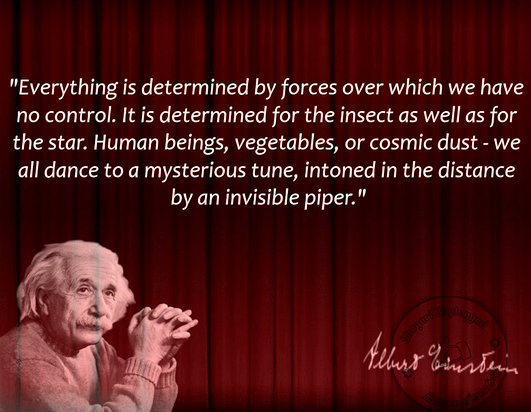 The Sophists in ancient Greece were a class of teachers who, for a fairly high fee, would instruct the affluent youth in politics, history, science, law, mathematics and rhetoric as well as the finer points of grammar and history. The man named as the first Sophist, and certainly the most famous, was Protagoras of Abdera (c.485-415 BCE) best known for his claim that “Man is the Measure of All things” and that the gods’ existence could neither be proven nor disproven. While Protagoras, like those who followed him, charged exorbitant fees for his services, a story is told of how the great Sophist was once outsmarted by one of his pupils and this tale came to be known as Protagoras’ Paradox.
The Sophists in ancient Greece were a class of teachers who, for a fairly high fee, would instruct the affluent youth in politics, history, science, law, mathematics and rhetoric as well as the finer points of grammar and history. The man named as the first Sophist, and certainly the most famous, was Protagoras of Abdera (c.485-415 BCE) best known for his claim that “Man is the Measure of All things” and that the gods’ existence could neither be proven nor disproven. While Protagoras, like those who followed him, charged exorbitant fees for his services, a story is told of how the great Sophist was once outsmarted by one of his pupils and this tale came to be known as Protagoras’ Paradox.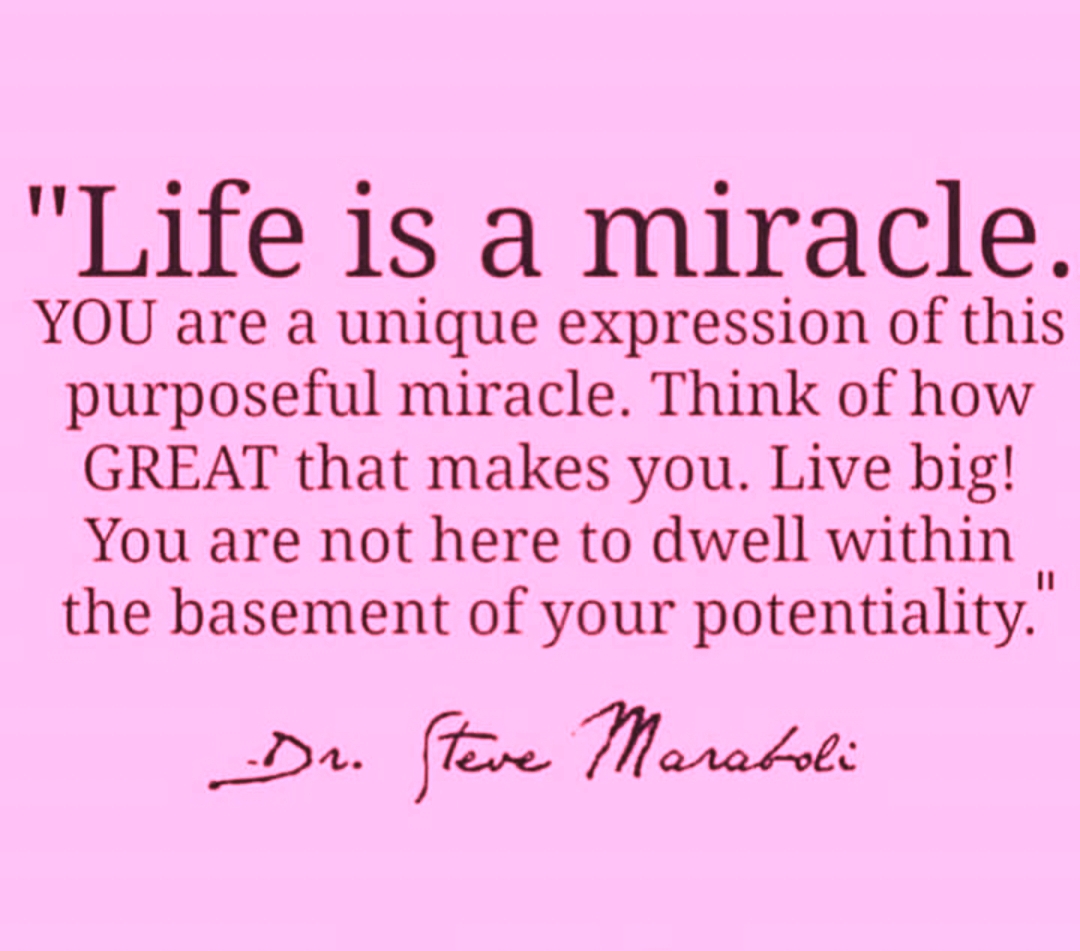 Have you felt like insults stick more than compliments? The answer is that it is just how our brains work. Nastiness makes a bigger impact on our brains than happy thoughts. It is due to our brains ‘negativity bias’, a phenomenon by which we have a greater sensitivity to unpleasant news and bad experiences. When we experience negative stimuli, there is a greater surge in electrical activity in our brain. In turn, our attitudes are more heavily influenced by negative news than good news.
Have you felt like insults stick more than compliments? The answer is that it is just how our brains work. Nastiness makes a bigger impact on our brains than happy thoughts. It is due to our brains ‘negativity bias’, a phenomenon by which we have a greater sensitivity to unpleasant news and bad experiences. When we experience negative stimuli, there is a greater surge in electrical activity in our brain. In turn, our attitudes are more heavily influenced by negative news than good news. Vibration in quantum physics means everything is energy. We are vibrant beings on certain frequencies. Every vibration is equivalent to a feeling and in the world “vibrational”, there are only two species of vibrations, positive and negative. Any feeling makes you broadcast a vibration that can be positive or negative. Here are a few things (and suggestions) that may affect your vibration frequency from the point of view of quantum physics.
Vibration in quantum physics means everything is energy. We are vibrant beings on certain frequencies. Every vibration is equivalent to a feeling and in the world “vibrational”, there are only two species of vibrations, positive and negative. Any feeling makes you broadcast a vibration that can be positive or negative. Here are a few things (and suggestions) that may affect your vibration frequency from the point of view of quantum physics. Workaholics are often praised rather than looked down upon. Many admire the hard work and grit they put into bettering their career prospects. While being a hard worker is indeed a necessary trait to succeed, it’s essential that we realise just how important our lives outside of work are.
Workaholics are often praised rather than looked down upon. Many admire the hard work and grit they put into bettering their career prospects. While being a hard worker is indeed a necessary trait to succeed, it’s essential that we realise just how important our lives outside of work are. The Golden Buddha
The Golden Buddha
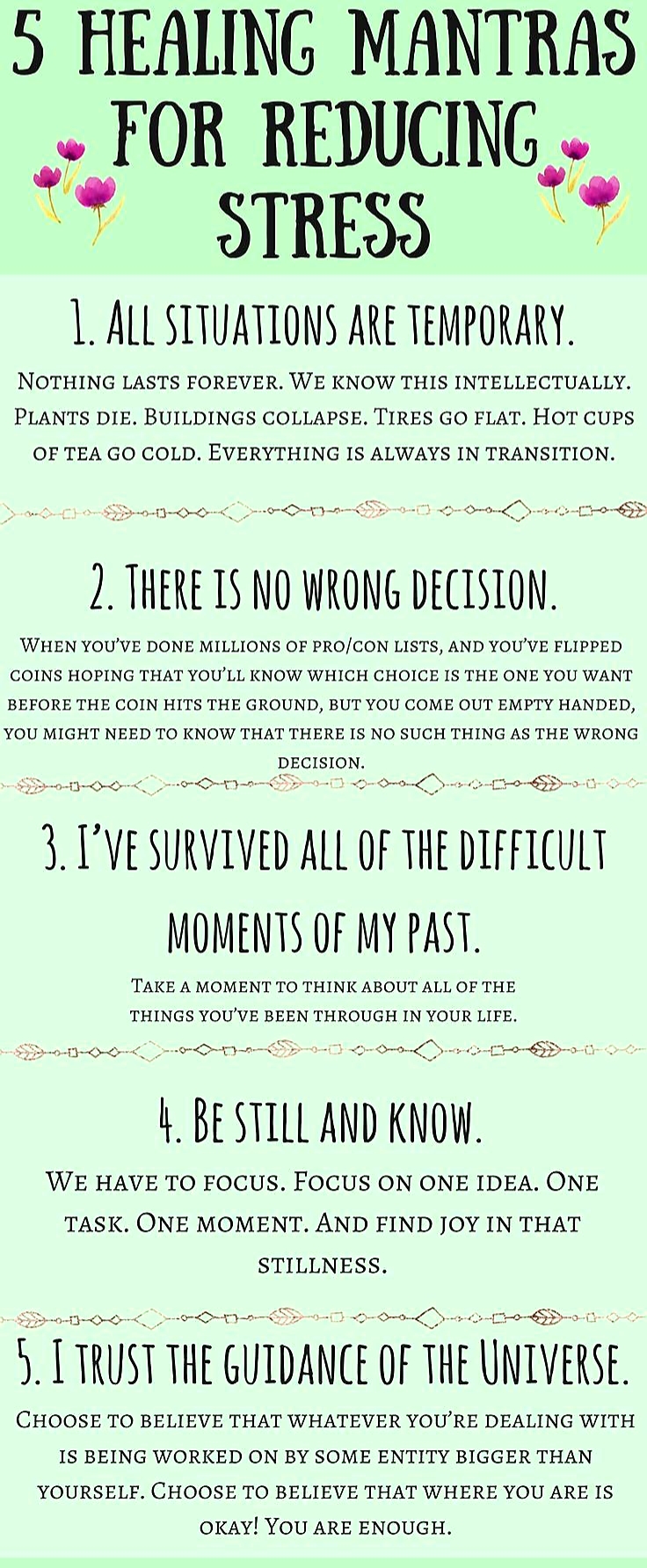
 Today, the world is Celebrating the 550th Birth Anniversary of Guru Nanak Dev Ji. Guru Nanak Dev Ji was the first Guru and founder of Sikhism. He was a poet, a religious teacher, a social reformer, and a householder. Guru Nanak Dev Ji rejected the path of renunciation and emphasized householder’s life (Grista), instead of materialism. The service of mankind and faith in ‘One’ Omnipotent God are the basic tenets of Sikhism propounded by Guru Nanak Dev Ji. A social reformer, Guru Nanak Dev Ji upheld the cause of women, downtrodden, and the poor. Nanak was content to be a teacher. He made no claims to divinity or to kinship with God.
Today, the world is Celebrating the 550th Birth Anniversary of Guru Nanak Dev Ji. Guru Nanak Dev Ji was the first Guru and founder of Sikhism. He was a poet, a religious teacher, a social reformer, and a householder. Guru Nanak Dev Ji rejected the path of renunciation and emphasized householder’s life (Grista), instead of materialism. The service of mankind and faith in ‘One’ Omnipotent God are the basic tenets of Sikhism propounded by Guru Nanak Dev Ji. A social reformer, Guru Nanak Dev Ji upheld the cause of women, downtrodden, and the poor. Nanak was content to be a teacher. He made no claims to divinity or to kinship with God.
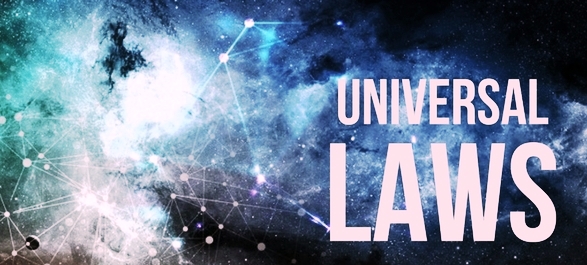 If something is true in one field it’s probably true in others. Restricting your attention to your own field blinds you to how many important things people from other fields have figured out that are relevant to your own. Here are a few laws – some scientific, some not – from specific fields that hold universal truths.
If something is true in one field it’s probably true in others. Restricting your attention to your own field blinds you to how many important things people from other fields have figured out that are relevant to your own. Here are a few laws – some scientific, some not – from specific fields that hold universal truths.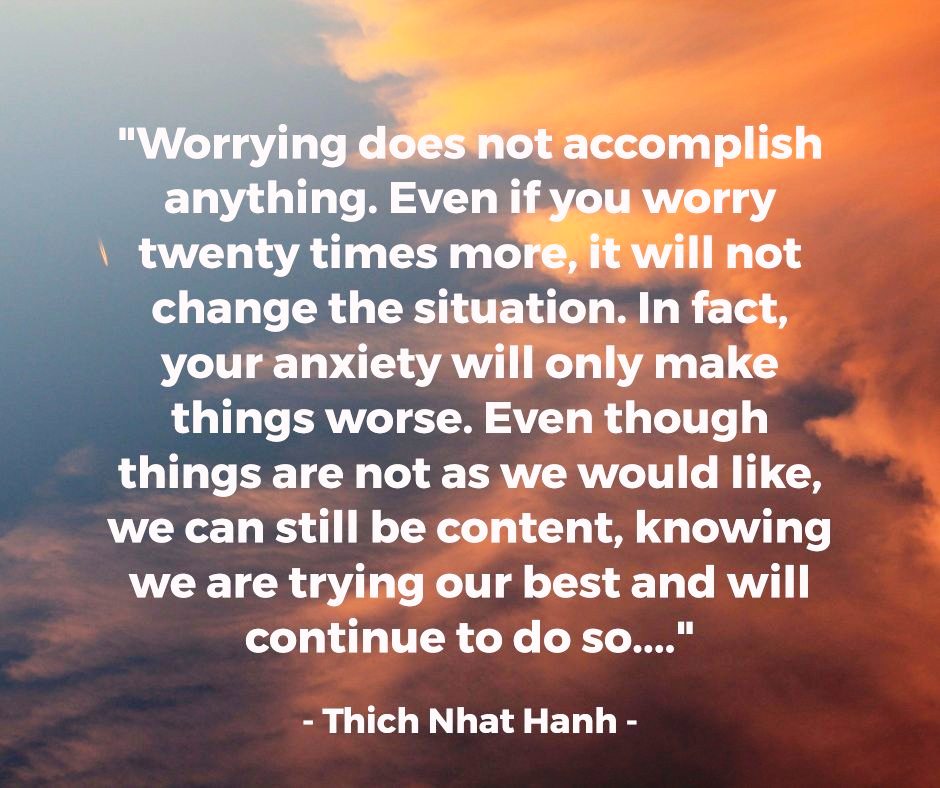 The route to our destination is never a straight one. We take questionable turns and we get lost. But it doesn’t always matter which road we embark on; what matters is that we embark. Either way life will likely get a little complicated, and bring unexpected hurdles and changes. But that’s okay. Sometimes you have to stumble and feel weak for a little while to realize how strong you really are. The following are just a few simple truths we learn on the road of life…
The route to our destination is never a straight one. We take questionable turns and we get lost. But it doesn’t always matter which road we embark on; what matters is that we embark. Either way life will likely get a little complicated, and bring unexpected hurdles and changes. But that’s okay. Sometimes you have to stumble and feel weak for a little while to realize how strong you really are. The following are just a few simple truths we learn on the road of life… The world doesn’t need another nasty person because it already has more than enough and there’s no shortage of rude people out there. What it needs are people who are polite, modest, agreeable, and kind. In short, people who are mindful and charming.
The world doesn’t need another nasty person because it already has more than enough and there’s no shortage of rude people out there. What it needs are people who are polite, modest, agreeable, and kind. In short, people who are mindful and charming.
You must be logged in to post a comment.